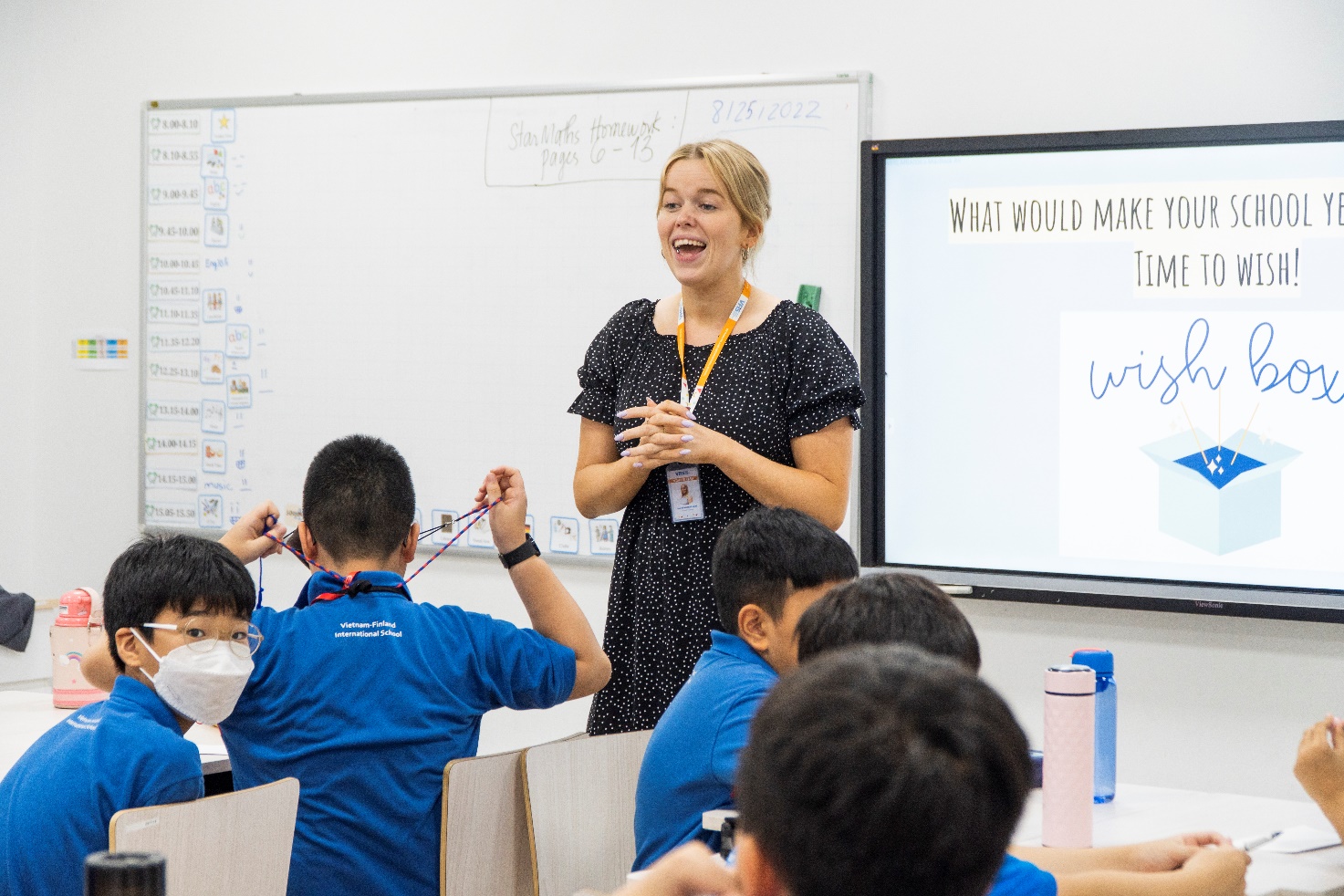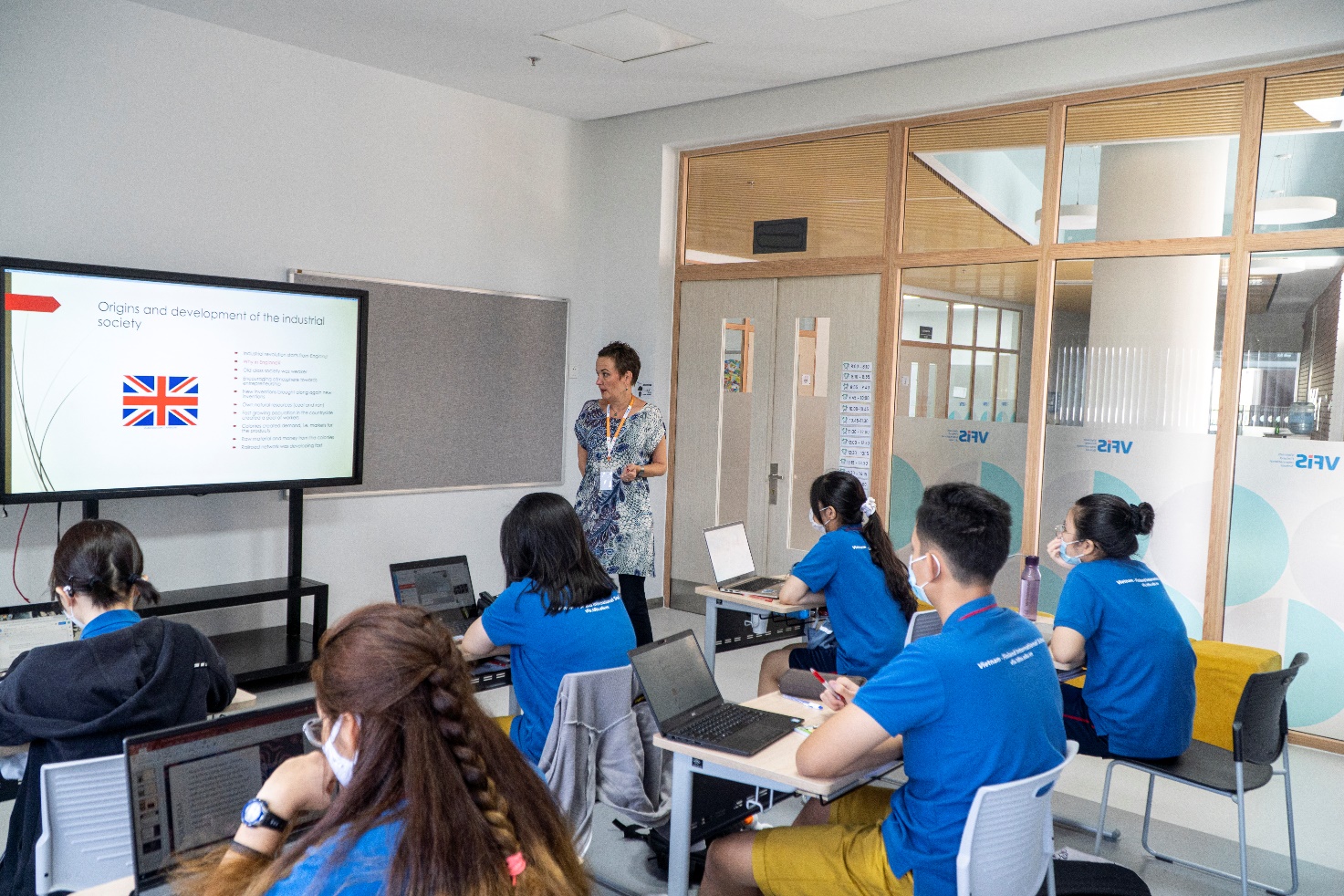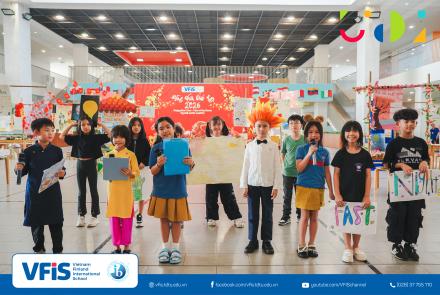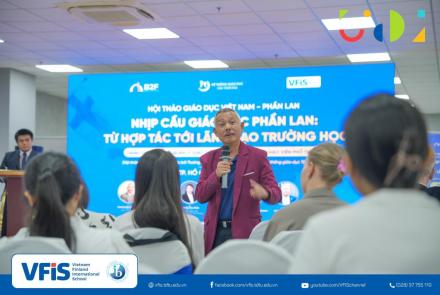Homework, should or should not?

In Finland we do give homework, but it is only given when the teacher feels that it is necessary for the students. There is no policy that homework has to be given after every lesson, or even every week.
The aim of homework is to give the student a possibility to do revision on a new topic / most important topics covered in class. Homework should not be about learning anything new at home, but more about challenging the student´s memory on what concept was covered in class.
For example, if the students have been covering photosynthesis in their biology class, the teacher could give a problem solving task related to photosynthesis. In this task the student would have to think about what they learned in school and how to adapt that information into their homework. The teacher should not give the student tasks where they need to deepen their knowledge or learn anything new.
Because the aim of homework is only to do revision on the most important concepts covered in class, homework shouldn´t take over 15 minutes per subject. Teachers need to keep in mind that students have on average 4-5 different subjects per day. If every teacher gives them 30 minutes of homework, that would be over 2 hours of extra studying each night.
The Finnish education system wants to make sure that students have the ability to recharge from their school day by doing non-school related things that make them happy. For example, participating in football training, playing the piano, and enjoying time with their friends. This is why we limit the amount of homework. When a student has time to relax after school, they feel rested and have full focus and motivation for their next work day at school.
In Finland we have the mindset of "quality over quantity". With qualified and educated teachers, we can offer students excellent learning opportunities in school. This means that they do not have to do extra studying at home, but rather do a quick revision on the most important topics when needed.
I don’t worry that students forget knowledge Without homework. If the teacher offers the students a possibility to challenge their memory in diverse ways in class, there shouldn´t be any problem with students forgetting their knowledge.
For example: I use around 15 minutes of my lesson to teach a new concept in theory. After that the students are challenged to use the information they just learned in various ways. They might be doing group tasks, presentations, experiments, play games etc where they do revision on the topics they just learnt.
In Finland, teachers never have exercises or homework for students to review in the holidays. Students should spend their holidays resting and doing activities that they enjoy. No adult uses their holidays to do work, and if they would, they wouldn´t have the opportunity to recharge. This would make them tired, less motivated and less efficient when coming back to work. Holidays are the time for the students to let their brain rest.
Using diverse teaching methods is the best way for students to learn and gain knowledge. Teachers should offer students experiences where they can use their knowledge. Memories like this help students to understand what they have learned and come back to these situations when they need to remember something.
For example: in biology I teach the students about the digestive system by letting them build a model of how bread moves along the digestive tract. When doing a practical assignment like this, they constantly do revision on which parts of the body belong to the digestive tract and also get to see what happens to the food in each phase of digestion.
Finnish teachers also make sure that when they plan their lessons for the semester, there is enough time for students to revise during their classes. No Finnish teacher teaches new topics every single lesson. Instead, they make sure that students are offered possibilities to do revision in class.
For example: I teach my high school students 5 x 45 minutes lessons a week. 3 of those lessons are used to learn new topics. The rest are used for challenging the students memory through different assignments and tasks. In this way students do revision in class and no homework is needed.
Biology and geography teacher ;Coordinator of the Science Department
Masters of Biology and geography as a teaching subject, University of Jyväskylä

Of course, giving homework is entirely up to an individual teacher but usually holidays are breaks from the school work when students spend time with their families and friends, it is time when they charge their batteries and focus on free time and hobbies in order to be full of energy when they return to school. In a happy and balanced life, it is also important to just relax and be without doing anything serious with goals or objectives because this is a precondition for one's creativity and vitality.
Personally, I don't worry about students forgetting knowledge during the holidays because the school is not the only place where students learn, for instance, when they are travelling, they are using and practising knowledge of many different subjects: language, geography, history, etc.
At school we never can teach all the needed facts for the students, it is much more important to teach them to be curious about life and learn constantly based on experiences and new requirements faced in life, nobody will know what each of us will need to know in our individual and unique lives, we have to be prepared to face basically all kinds of events, but this is more related to attitude than mastering all the possible facts.
Nowadays we can check up facts from the internet whenever it is needed but it is much more important to learn to think and conduct your life and be a balanced person with good relationships to your friends and relatives. Besides, growing teenagers need more rest and sleep than grown-ups because they are growing, therefore there is a real need for a break from school for them even in physical terms.
History, Social Studies and Economics Teacher, Guidance Counsellor
Master of Social Studies, University of Tampere, Finland
European Master’s Degree in Human Rights and Democratisation




